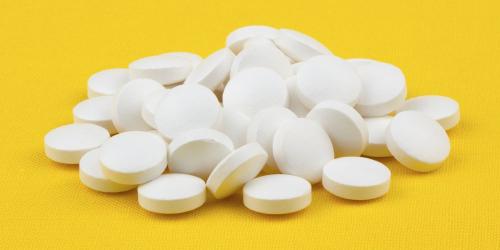Eight out of ten women would experience this abdominal pain and discomfort. An American study conducted by scientists at the University of California Davis on about 3,000 women points to the role of a protein in PMS.
The findings of the study were published in the Journal of Women's Health . It makes a link between this protein, the C-reactive protein present in the blood, and pre-menstrual symptoms. According to scientists, mood disorders, pain, change in diet, sensations of bloating, are associated with this protein.
In addition to finally putting a name on this problem felt by the majority of women, the American study would now better understand the problems of women. Scientists are paving the way for the implementation of new drug manufacturing specifically adapted to these pains. The recommendations could also be more targeted, especially to prevent women from certain behaviors that can trigger inflammation such as smoking, overweight.
This new study highlights the interest of scientists in women's pains during menstruation. In February, Dr. John Guillebaud, a teacher at University College London, told The Independent that pains caused by menses can be as violent as those felt during a heart attack.
The subject, too often neglected by laboratories and the medical profession could (finally) gain importance ...


